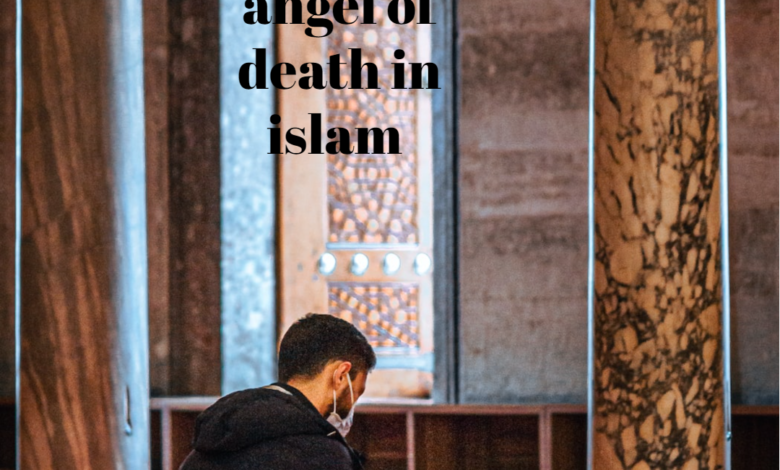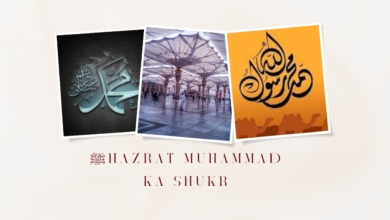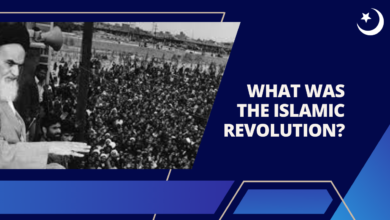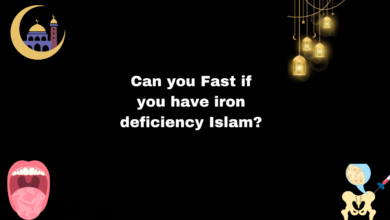who is the angel of death in islam?

Introduction
Within the intricate tapestry of Islamic theology and spirituality, various celestial beings play integral roles in the narrative of creation and judgment. One of the most prominent figures is the Angel of Death, a divine entity charged with the solemn responsibility of separating the soul from the body at the time of death. Embedded within the rich tapestry of Islamic tradition, the Angel of Death serves as a potent reminder of mortality, accountability, and the eventual return to the Creator.
The Angel of Death: Identity and Attributes
In Islamic belief, the Angel of Death is referred to as “Malak al-Maut” in Arabic. This title translates to “Angel of Death” or “Death’s Angel.” The Angel of Death is distinct from other angels and is tasked with the significant duty of extracting the soul from the body when the appointed time for a person’s death arrives.
Islamic tradition often describes the Angel of Death as an awe-inspiring and imposing figure, embodying a sense of solemnity and majesty that befits the weight of its role. Yet, despite its fearsome portrayal, the Angel of Death is understood to act as a faithful servant of Allah, executing His will with precision and impartiality.
Role and Function
The Angel of Death’s primary function is to fulfill Allah’s decree regarding the appointed time of death for each individual. Islamic teachings emphasize that death is a predetermined event, and the Angel of Death acts as the executor of this divine predestination.
When a person’s moment of death arrives, the Angel of Death approaches them and gently removes their soul from the body. The manner of this separation is portrayed as being neither painful nor traumatic for the departing soul. Instead, it is a transition orchestrated by the Divine, marking the end of a person’s earthly journey and the beginning of their afterlife.
Islamic Scriptures and References
The role of the Angel of Death is mentioned in various Islamic scriptures, including the Quran and Hadith (sayings and actions of the Prophet Muhammad, peace be upon him). In the Quran, Surah Al-Sajdah (32:11) states, “Say, ‘The Angel of Death will take you who has been entrusted with you. Then to your Lord you will be returned.'”
Hadith literature further elaborates on the Angel of Death’s actions and attributes. These traditions emphasize the absolute obedience of the Angel of Death to Allah’s command and its role as an impartial executor, regardless of a person’s social status or deeds in life.
Spiritual Reflections
The concept of the Angel of Death in Islam holds profound spiritual and moral implications. It serves as a reminder of the transient nature of human existence and the inevitability of death. This remembrance encourages believers to live a life that is mindful of their actions, conscious of their accountability, and committed to cultivating a strong relationship with their Creator.
Conclusion
The Angel of Death in Islam stands as a symbol of divine authority, executing the preordained transition from earthly life to the afterlife. Its role is to remind believers of their mortality and the importance of leading a life that aligns with the teachings of Islam. Beyond its fearsome depiction, the Angel of Death serves as a beacon of spiritual reflection, urging individuals to prepare for the ultimate journey back to their Creator. In contemplating the Angel of Death’s role, Muslims find inspiration to live purposefully, ethically, and in devotion to Allah.
FAQs about the Angel of Death in Islam
Who is the Angel of Death in Islam?
The Angel of Death in Islam is known as “Malak al-Maut” or “Izra’il.” It is a powerful and significant angel responsible for taking the souls of individuals when their time on Earth comes to an end.
What is the role of the Angel of Death?
The Angel of Death’s primary role is to extract the souls of people at the moment of their death. It doesn’t matter whether the person is righteous or sinful; the Angel of Death carries out this task under Allah’s command.
Is the Angel of Death mentioned in the Quran?
Yes, the Angel of Death is mentioned in the Quran. In Surah As-Sajda (32:11), it is stated: “Say: ‘The Angel of Death, who is set over you, will take your souls. Then you will be returned to your Lord.'”
Does the Angel of Death have a specific appearance?
The Angel of Death’s appearance is not described in great detail in Islamic scriptures. However, it is often depicted as a fearsome and imposing figure. The exact appearance is not definitively described in the Quran or Hadith.
Is the Angel of Death the same as Azrael?
Yes, Azrael is another name for the Angel of Death in Islamic tradition. Both names refer to the same angelic entity responsible for taking the souls of humans.
Does the Angel of Death only visit humans?
The Angel of Death’s primary role is to take the souls of humans, but it is believed to also have authority over other creatures and entities when their time of death comes. However, its primary responsibility lies with humans.






